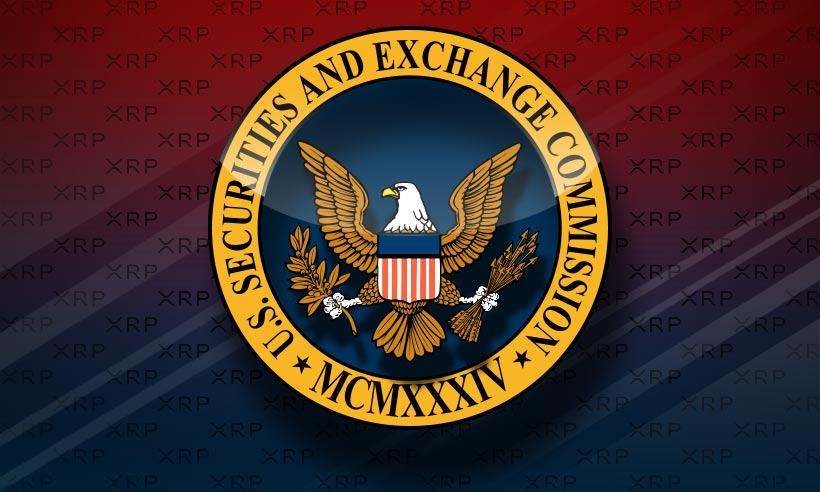Jul 18, 2025
by Ajay Agarwal
SEC Considers "Innovation Exception" to Foster Crypto Tokenization
.
Disclaimer: The views and opinions expressed in this article are for informational purposes only and do not constitute financial, investment, or other advice. Investing in or trading crypto assets comes with a risk of financial loss.
